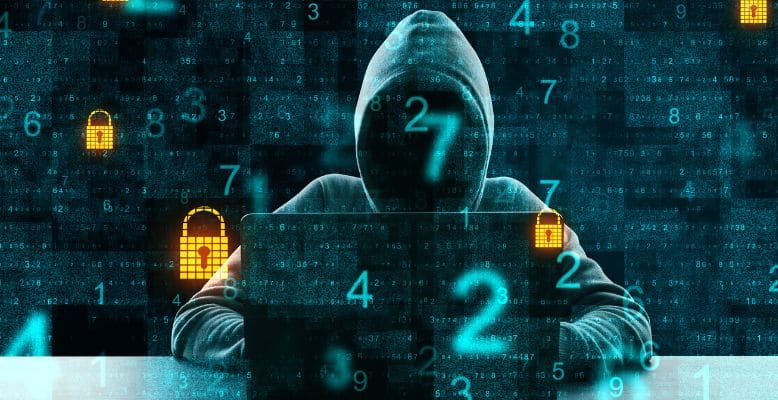
If you’re in the market for a smart home system, Apple HomeKit is an excellent choice. However, you need to keep your security setup in mind.
This article discusses the advantages & disadvantages of HomeKit’s privacy and security measures and the best security precautions you can take.
Here's what we cover:
How Secure Is HomeKit, And What Makes It Secure?
Homekit is very secure and aims to keep all your data private. Apple designed HomeKit to be a secure system by encrypting data and controlling access via secure authentication protocols.
A good example is how they handle data transfers. Data encryption keys are only available on a user’s Apple devices. This means that even if a hacker got into an iCloud account, they would have no way to decrypt the data because they do not have the keys on the owner’s Apple device.
The same applies to data in the middle of transmission to the cloud. A potential hacker that tries to interrupt the transfer and steal the data will have no way to decrypt it.
Homekit data is also protected with a Data Protection API file and keychain protection mechanism that protects all your files.
All backups are also encrypted.
While the data is encrypted and only the person that sets up the Homekit configuration has authority over it, it is possible to share data.
To share access to the Homekit, the owner needs to invite other users to the Homekit setup and give them specific permissions. This can be found in the Settings section under “Privacy Settings.”
From there, any Homekit data is synced up between all the users who are given authority.
Can HomeKit Devices Be Hacked?
Yes, theoretically, Homekit devices can be hacked. However, if you make sure to set up additional safety measures like two-factor authentication, it will significantly reduce the chances.
Like everything else, since Homekit was released, hackers have been trying to find exploits they can take advantage of.
One recent one is called doorLock. A denial of service attack where a hacker could change the name of a Homekit device. Changing the name to something larger than 500,000 characters forces a reset of the device.
Security Precautions You Can Take With Homekit
You can take steps to ensure your data and home is safe with Homekit. Some of these steps are common sense, while others require more effort. Let’s take a look at some of the best things you can do to stay safe:
- Set up 2-step authentication – Two-step verification is an extra layer of security that you can use with your Apple ID to further protect your information. You can set it up on your Apple ID under the “Password and Security” section in your iCloud Account settings or on your iPhone or Mac using Find My iPhone or Find My Mac. Two-step verification is recommended because it will make accessing your account harder for hackers or other unauthorized users.
- Keep your devices up to date – The number one rule in protecting them is keeping them updated with the latest security updates. You should always make sure your software is up to date to avoid security issues and hacks that could compromise your data and privacy. Keeping your software up to date will also improve the overall performance of your device. Your iOS device should have the latest iOS version installed, and you should keep your Mac software up to date.
- Use secure passwords – You should always use strong passwords for your accounts. Strong passwords contain uppercase letters, lowercase letters, numbers, symbols, and punctuation marks. A strong password should not be based on your name, birthday, or other personal information that hackers can easily guess. You should change your passwords regularly to prevent unauthorized access to your accounts. It is also recommended that you use different passwords for different accounts and never use the same password for multiple sites or services.
Conclusion
Homekit is not entirely immune to hacking and security threats like everything else. But, they take it seriously and have many things in place to help prevent your data from being compromised.
By following these simple security measures like using two-factor authentication on your iCloud account and ensuring all software is up to date, you can significantly reduce the chances of getting hacked or having your sensitive data stolen.
